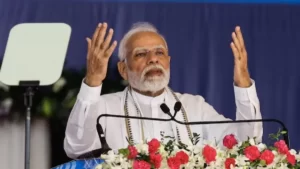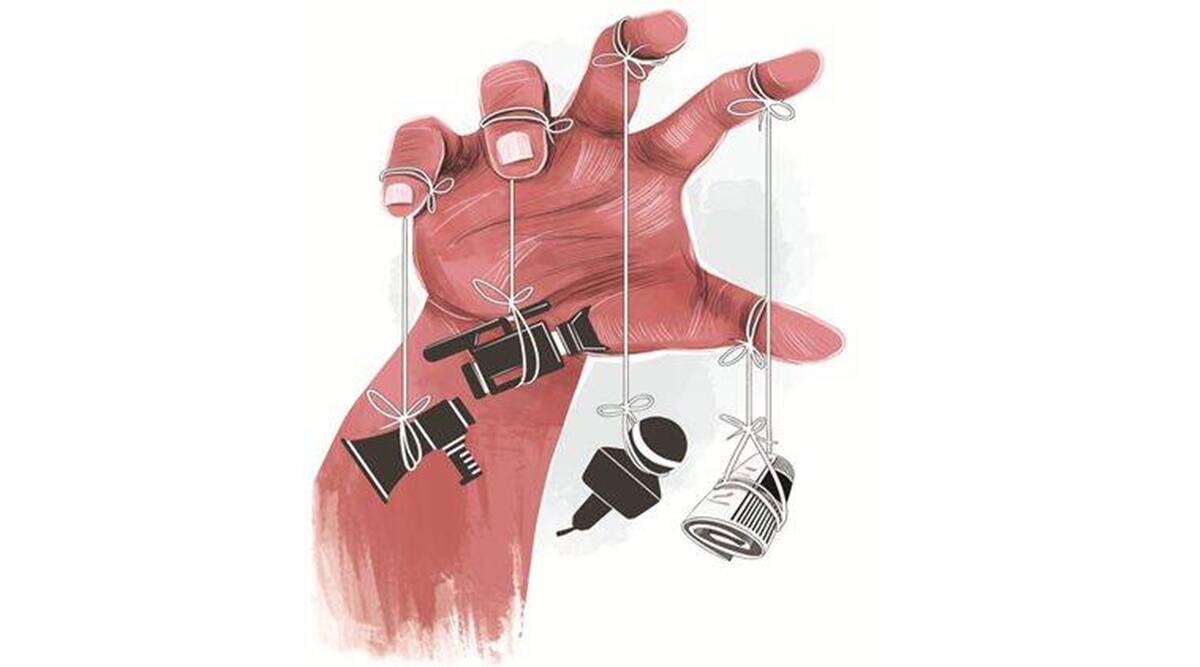India’s ranking dropped further to 161 in the 2023 World Press Freedom Index edition of Reporters Without Borders’ Press Freedom Index from 150th place in 2022. The World Press Freedom Index report shows that India is several spots behind Pakistan and Afghanistan, which have improved their rankings this year at positions 150 and 152, respectively.
Bangladesh (163), Turkey (165), Saudi Arabia (170), and Iran (177) are among the nations that are rated below India. China and North Korea hold the bottom two positions, respectively, at 179 and 180.

Image Source: Afghan Journalist Safety Committee
Today, May 3, also World Press Freedom Day, saw the index’s release. The world press freedom index is determined by how well each nation performs in five major areas: political setting, legal system, economic context, sociocultural background, and journalist safety. India’s position among the five was highest in the social indicator category (143) and lowest in the safety of journalists (172).
India has routinely placed low over the past few years but fell to the bottom of the list this year. The union government stated in February last year that it disagreed with the opinions and country rankings in the World Press Freedom Index because a “foreign” NGO created it.
The report said, “The violence against journalists, the politically partisan media and the concentration of media ownership all demonstrate that press freedom is in crisis in ‘the world’s largest democracy’, ruled since 2014 by Prime Minister Narendra Modi, the leader of the Bharatiya Janata Party (BJP) and the embodiment of the Hindu nationalist right.”

Image Source: Inventiva
World Press Freedom Index report further added, “Originally a product of the anti-colonial movement, the Indian press used to be seen as fairly progressive but things changed radically in the mid-2010s, when Narendra Modi became prime minister and engineered a spectacular rapprochement between his party, the BJP, and the big families dominating the media. The prime example is undoubtedly the Reliance Industries group led by Mukesh Ambani, now a personal friend of Modi’s, who owns more than 70 media outlets that are followed by at least 800 million Indians.”

Image Source: Outlook India
Moreover, the report said, “similarly, the takeover of the NDTV channel at the end of 2022 by tycoon Gautam Adani, who is also very close to Narendra Modi, signalled the end of pluralism in the mainstream media. Very early on, Modi took a critical stance vis-à-vis journalists, seeing them as “intermediaries” polluting the direct relationship between himself and his supporters. Indian journalists who are too critical of the government are subjected to all-out harassment and attack campaigns by Modi devotees known as bhakts.”





















































































